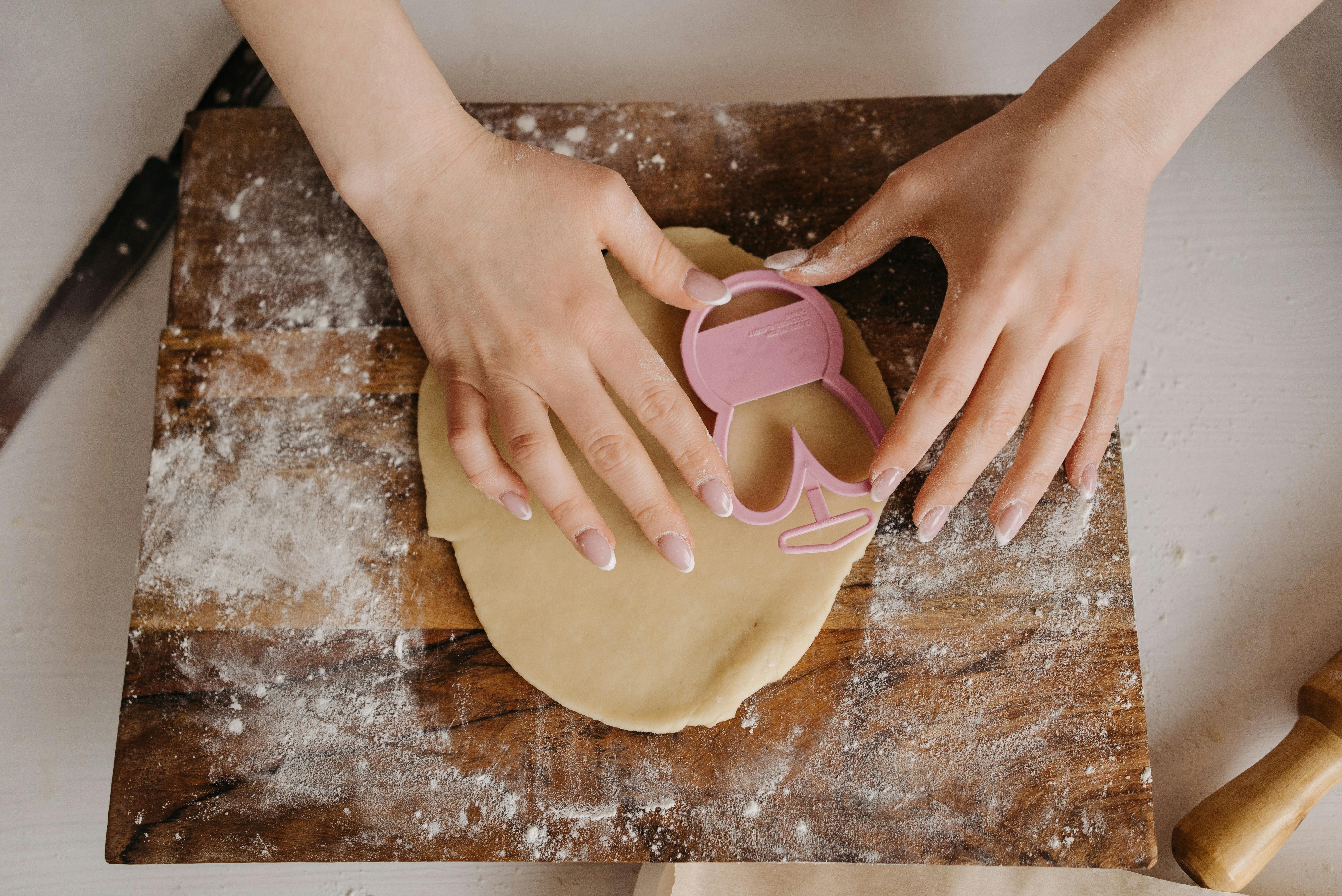Definition of hard turning
David Richards defines “hard turning” as the machining of steels hardened above 40 HRc, not hard in terms of “difficult”. Alloy steels with hardness less than 40 HRc are not usually machined with CBN inserts because other tool materials perform as well or better and cost less. Soft materials often stick to PCBN cutting tools and cause “buildup” on the cutting edge. This results in poor surface finish and tool life. The geometry of PCBN tools used for machining hardened steel is very blunt, with no chip groove geometry to provide chip control, which is not ideal for machining soft steels. However, some high-alloy steels over 30 HRc are successfully machined with DR-50 because nothing else will do the job. If there is no tack, reliable size control and consistent surface finish can more than justify the cost of the tooling.
Machining of aluminum alloys
Aluminum alloys cannot be machined with CBN inserts. PCBN has a trace content of aluminum nitride. Aluminum builds up on the cutting edge very quickly, causing rapid tool wear and poor surface finish.
cast iron machining
Cast iron and iron-based hard-faced alloys with significant ferrite content are not machined with CBN inserts. Soft, sticky ferrite adheres to the cutting edge of the CBN insert, causing rapid wear and poor surface finish.
Machining D2
Interrupted cutting of D2 tool steel is very difficult and unpredictable. D2 contains up to 14% Chromium and was designed for use at 50-56 HRc. If the material is hardened to +60 HRc and not tempered very carefully, the formation of chromium carbide at grain boundaries makes the material impossible to machine with an interrupted cut.
HSS machining
High Speed Steel Interrupted Cutting – HSS is temperature resistant and does not soften in the cut zone. Interrupted cutting of nitrided steel is difficult. When continuous cutting, the super hard surface is machined by a portion of the cutting edge that does not control the finish or size of the surface. When cutting is interrupted, the entire cutting edge impacts a very hard surface, reducing tool life.
Machined from hardfacing alloy
Hard Facing Alloys – Stellite (cobalt/chrome alloys) and colmonoy (nickel/chrome alloy) with more than 20% chromium hardly machined with PCBN – Tool life too short. Chromium cannot be machined with PCBN. PCBN can be used to remove hard chrome surfaces and expose a hardened steel base material, but it is not possible to machine into chrome.
Machining of alloys at high temperature
Machining of high temperature alloys: Inconel, Hastalloy, Waspalloy, titanium, Nimonics, etc., are not machined with PCBN. Tool life is negligible due to chemical affinity.


